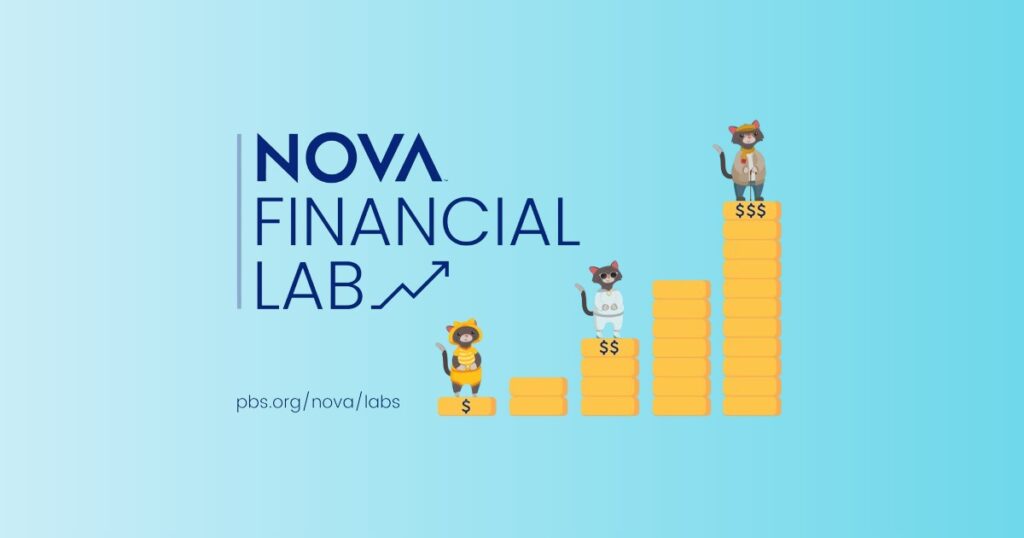
Grades K-2, 3-5

Don't have an account yet? Sign up for free
Don't have an account yet? Sign up for free
Students will be able to:

In this lesson from the Ethics, Economics, and Social Issues curriculum, students analyze and rank the four general goals of corrections to help them determine their personal beliefs about what prisons are supposed to do. Through a series of readings and data analysis students evaluate whether private prisons are better than public prisons at meeting the goals.
In 2019, the US Department of Justice spent $7.8 billion on the federal prisons system. The Prison Policy Institute reports that adding state and local expenses on prisons, jails, and probationary measures exceeds $80 billion. In addition to the high nominal cost, the opportunity cost is enormous. On a per-person basis, many states spend more per inmate than per student in their K-12 student population (Anderson, 2019), which is just one potential alternative of the cost. Another economic issue is the actual operation of the prisons themselves. On the private side, the quest for profitability sometimes leads to cost-cutting measures and pressure to keep more inmates behind bars – especially in situations where private prisons are paid per inmate. This combination of behaviors is a stirring discussion point for economics and ethics.
The use of prisons in general has roots in ethics. Through decades of reforms and societal changes, jails and prisons emerged as a potentially more ethical (or at least acceptable) way to handle those who violate the law. Over time, some prisons have evolved to include amenities like televisions, exercise programs, paid working hours for inmates, and training programs. These amenities are far from universal, however, and the reality for many prisons is overcrowding, questionable health and sanitary conditions, and lack of opportunities for rehabilitation. Private companies have attempted to take some of the burdens for improving prisons by offering a more efficient approach to incarceration. In January 2021, President Joe Biden signed an executive order ending federal contracts with private prison companies in response to public outcry at some of the conditions in some of these facilities. Whether for-profit companies should be allowed to handle something as sensitive as prison has ethical implications. A goal of this lesson is for students to wrestle with those ethical dilemmas.

Grades K-2, 3-5

Grades 9-12

Grades 9-12

Content Partner
Grades 6-8, 9-12
